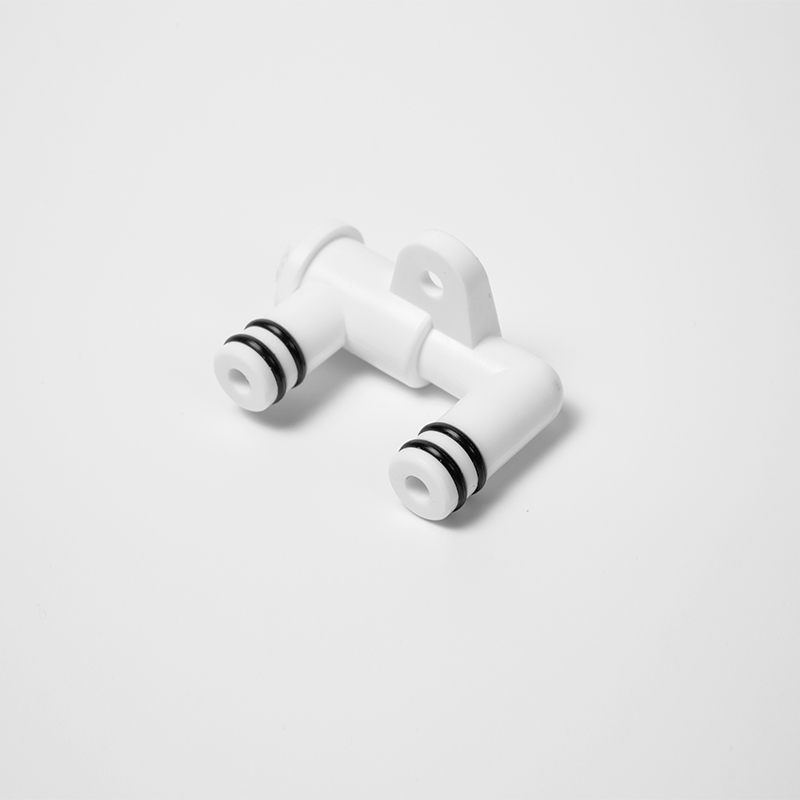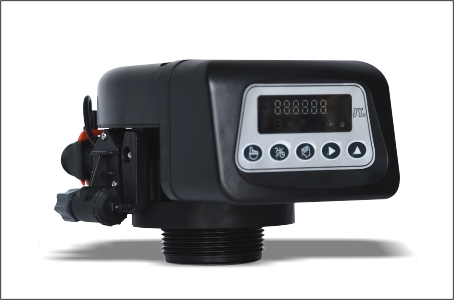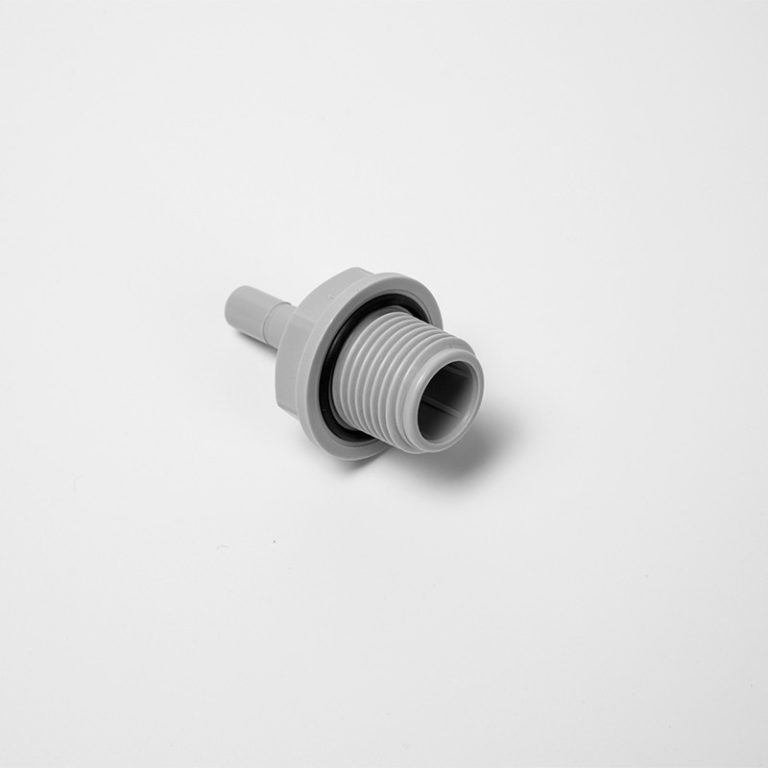“Seamlessly connect your water softener with durable hoses for long-lasting performance.”
Table of Contents
Benefits of Using Stainless Steel Water Softener Connection Hoses
Water softeners are essential appliances in many households, helping to remove minerals such as calcium and magnesium from water. These minerals can cause limescale buildup in pipes and appliances, reducing their efficiency and lifespan. To ensure that a water softener functions properly, it is crucial to use high-quality connection hoses. Stainless steel water softener connection hoses are a popular choice due to their durability and reliability.
One of the key benefits of using stainless steel water softener connection hoses is their resistance to corrosion. Unlike traditional rubber or plastic hoses, stainless steel hoses are not prone to rust or degradation over time. This means that they can withstand the harsh conditions of a water softener system, including exposure to high levels of salt and minerals. As a result, stainless steel hoses are less likely to develop leaks or other issues that can compromise the performance of a water softener.

In addition to their corrosion resistance, stainless steel water softener connection hoses are also highly durable. These hoses are designed to withstand high pressure and temperature, making them ideal for use in water softener systems. Whether you have a residential or commercial water softener, stainless steel hoses can provide the strength and reliability needed to ensure that your system operates smoothly.
Another advantage of stainless steel water softener connection hoses is their flexibility. These hoses can be easily bent and maneuvered to fit into tight spaces, making installation quick and easy. This flexibility also allows for a more secure connection between the water softener and the plumbing system, reducing the risk of leaks or other issues. With stainless steel hoses, you can rest assured that your water softener will be properly connected and functioning efficiently.
| Connector Burst pressure | ≥3.2MPa |
| Connector Color Option | White/Gray |
Furthermore, stainless steel water softener connection hoses are resistant to kinking and twisting, ensuring a consistent flow of water through the system. This can help to prevent blockages and other problems that can arise from restricted water flow. By using stainless steel hoses, you can maintain optimal water pressure and ensure that your water softener is operating at its best.
In conclusion, stainless steel water softener connection hoses offer a range of benefits that make them an excellent choice for any water softener system. From their corrosion resistance and durability to their flexibility and reliability, stainless steel hoses provide the strength and performance needed to keep your water softener running smoothly. Whether you are installing a new water softener or replacing old hoses, choosing stainless steel connection hoses can help to ensure that your system operates efficiently and effectively. With their long-lasting quality and superior performance, stainless steel water softener connection hoses are a smart investment for any homeowner or business owner looking to maintain a healthy and efficient water supply.
How to Properly Install and Maintain Water Softener Connection Hoses
Water softeners are essential for removing minerals such as calcium and magnesium from hard water, which can cause damage to pipes, appliances, and skin. One crucial component of a water softener system is the connection hoses that transport water to and from the softener unit. Proper installation and maintenance of these hoses are vital to ensure the efficient operation of your water softener and prevent leaks or other issues.
When installing water softener connection hoses, it is important to first shut off the water supply to your home. This can usually be done by turning off the main water valve. Once the water supply is turned off, you can begin the installation process. Start by connecting one end of the hose to the water softener unit and the other end to the water supply line. Make sure to use the appropriate fittings and connectors to ensure a secure connection.
After the hoses are connected, it is important to check for any leaks or drips. Turn the water supply back on and inspect the hoses for any signs of water leakage. If you notice any leaks, tighten the connections or replace the hoses if necessary. It is also a good idea to check the hoses periodically for any wear and tear, as this can lead to leaks over time.
Proper maintenance of water softener connection hoses is essential to ensure the longevity of your water softener system. One important maintenance task is to regularly check the hoses for any signs of wear or damage. Look for cracks, kinks, or bulges in the hoses, as these can indicate that the hoses need to be replaced. It is also a good idea to clean the hoses periodically to remove any buildup of minerals or debris that can affect the flow of water.
In addition to checking for wear and tear, it is important to also check the connections of the hoses. Make sure that the fittings are tight and secure, as loose connections can lead to leaks. If you notice any loose fittings, tighten them immediately to prevent any issues.
Another important aspect of maintaining water softener connection hoses is to ensure that they are properly insulated. Insulating the hoses can help prevent freezing during cold weather, which can cause the hoses to burst and lead to water damage. Use insulation sleeves or tape to protect the hoses from freezing temperatures.
In conclusion, proper installation and maintenance of water softener connection hoses are essential for the efficient operation of your water softener system. By following these tips and regularly checking the hoses for wear and tear, you can ensure that your water softener continues to function properly and provide you with clean, soft water for years to come.



